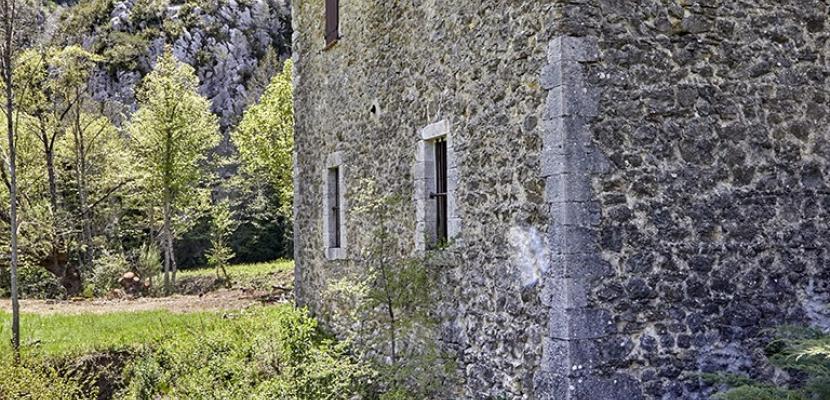
UNPROTECTED SMALL RURAL HERITAGE Regional call

About this good practice
The practice addresses challenges such as the preservation of small heritage like wash houses, fountains, oratories, chapels, which are out the scope of registered inventory, preservation of landscapes, of local arts & crafts and local businesses.
Considering that small heritage is a crucial asset for small and rural areas and municipalities regarding maintenance, economic and social dynamism, the practice raises awareness among private and public owners, encourage targeted heritage restoration in order to pass it on to future generations and maintain the know-how and skills in arts and crafts, making local heritage as a tool for tourist attractiveness and revitalization of territories.
It is implemented through an annual call from the Regional Authority, advisory and selection committees, in partnership with the National Heritage Foundation and its local representatives who have expertise on local contexts. Grants are allowed to owners such as cities, public bodies, foundations or NGOs, private owners. Private properties shall be open to public a minimum of 49 days per year. To be eligible, it is mandatory that all applicants lead actions of valorization through educative and touristic programmes in relation with local stakeholders and public policies for heritage and tourism.
Stakeholders: Region Provence Alpes Côte d’Azur
Partnership: National Heritage Foundation
Cities, Local crafts and building companies, inhabitants, tourists, local businesses (beneficiaries)
Expert opinion
Resources needed
HR: 3 people from the Regional Head Department of Culture and 6 people from the local representatives of National Heritage Foundation.
Budget: 600.000€ granted per year. Average amount for a project is 60.000€, regional grant is up to 50% of the budget and maximum 50.000€ .
Evidence of success
This practise is considered as good because of the number of appliances, projects supported and ongoing calls. Since 2017, the Region supported 195 projects and granted a total amount of 4.247.720 euros.
98 rural chapels, churches, oratories, 28 wash houses and fountains, 21 mills and bread ovens were restored. Because of the regional grant as a cofunding, 4 cities could get grants from EARDF (prog. 2014-20 Axe 7.6.5,not renewed in prog. 2021-27 ).
Potential for learning or transfer
This practice is relevant because consistent with the Interreg objectives of “A more social Europe” and “Culture and tourism for economic development” and the Cherry project, in terms of heritage valorisation, tourism development, local growth and local crafts.
The call can be easily replicable for regions or smaller public authorities that can identify small heritage, public or private, without any policy support.
The innovative strength of the practise relies on the partnership between a regional authority and a national foundation which is collecting private funds and donations for heritage. The call is open to public bodies in rural areas, but also to private owners under conditions of public openings and public activities. Valorization and educative actions are mandatory for all applicants which create not just restoration but also territorial dynamics. This new way of collaboration makes the practice innovative, sustainable and potentially replicable at various scales.

